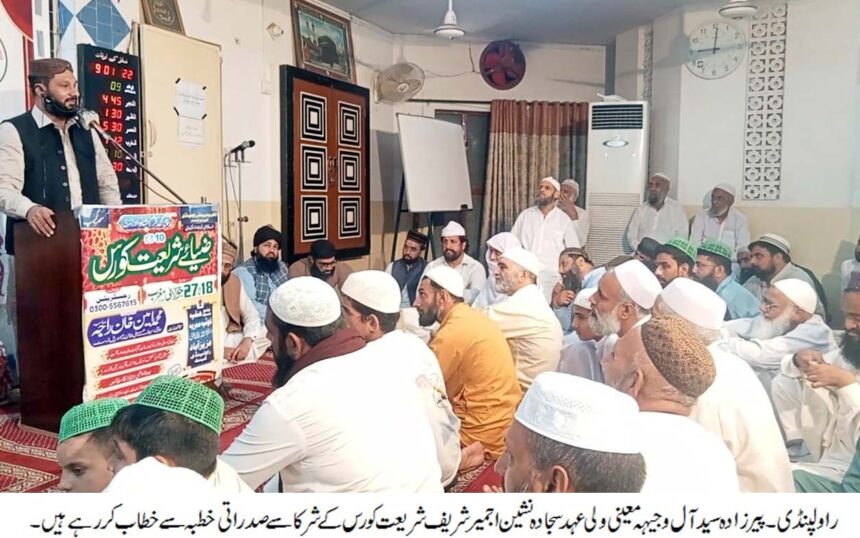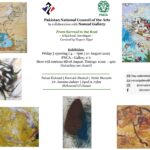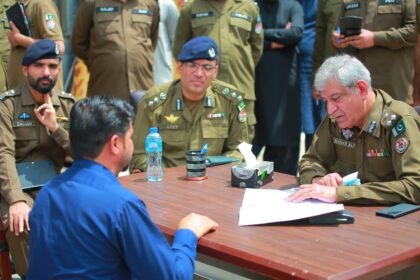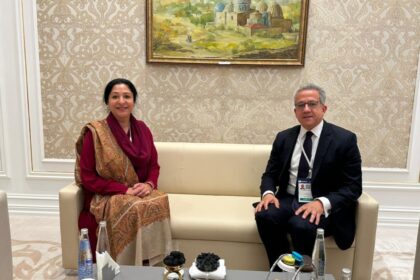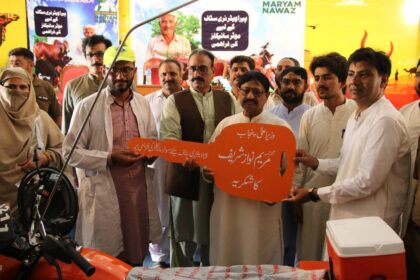A ten-day religious course aimed at enhancing the understanding of Islamic teachings among the public concluded successfully at Tehkhana Wali Mosque in the Tench Bhatta area of Rawalpindi. Organized under the auspices of the Rahm al-Alameen Foundation and led by Professor Muhammad Haider Alvi, the “Zia-e-Shariat Course” drew broad participation from all age groups and featured renowned scholars and religious figures delivering instruction.
The course offered comprehensive lectures on core tenets of Islam including the concepts of Tawheed (monotheism), Prophethood, Finality of Prophethood, Wilayah and Imamat (spiritual leadership), the Hereafter, and scholarly interpretation of various Surahs of the Holy Quran. Additional topics included the study of the life of the Prophet Muhammad (Seerat-un-Nabi), contemporary challenges facing Islam and their solutions, Sufism and its relevance to daily life, as well as the significance of the Khanqahi (spiritual lodge) system.
Distinguished scholars such as Professor Habibullah, Mufti Abdul Rahman, Dr. Ata Mustafa, Dr. Javed Ahmed, Professor Mahmood-ul-Hassan, Maulana Zaheer Abbas, Qari Sajid Razzaq, Professor Abdul Hameed Madani, Dr. Sanaullah, Professor Abdul Mannan, Allama Muhammad Naveed, Qari Muhammad Musab Abbasi, Qari Muhammad Asif, Hafiz Abdul Qadeer, and Allama Ehsan Rabbani contributed lectures in a sequential daily format to guide the attendees.
In his keynote address, Hazrat Khwaja Pirzada Syed Aal Wajeeh Moini Ajmeri, descendant of Khwaja Gharib Nawaz, underscored the importance of maintaining strong connections with respected religious elders in today’s era of social media and widespread confusion regarding beliefs. He emphasized that individuals should consult scholars and spiritual leaders to resolve religious queries, and called for more frequent organization of such gatherings to provide learning opportunities for people of all ages.
At the closing ceremony, special prayers were offered for the Muslim community and the prosperity of Pakistan. Professor Haider Alvi encouraged religious scholars and community members to arrange similar short-term courses in their localities, ensuring widespread access to authentic religious education.




